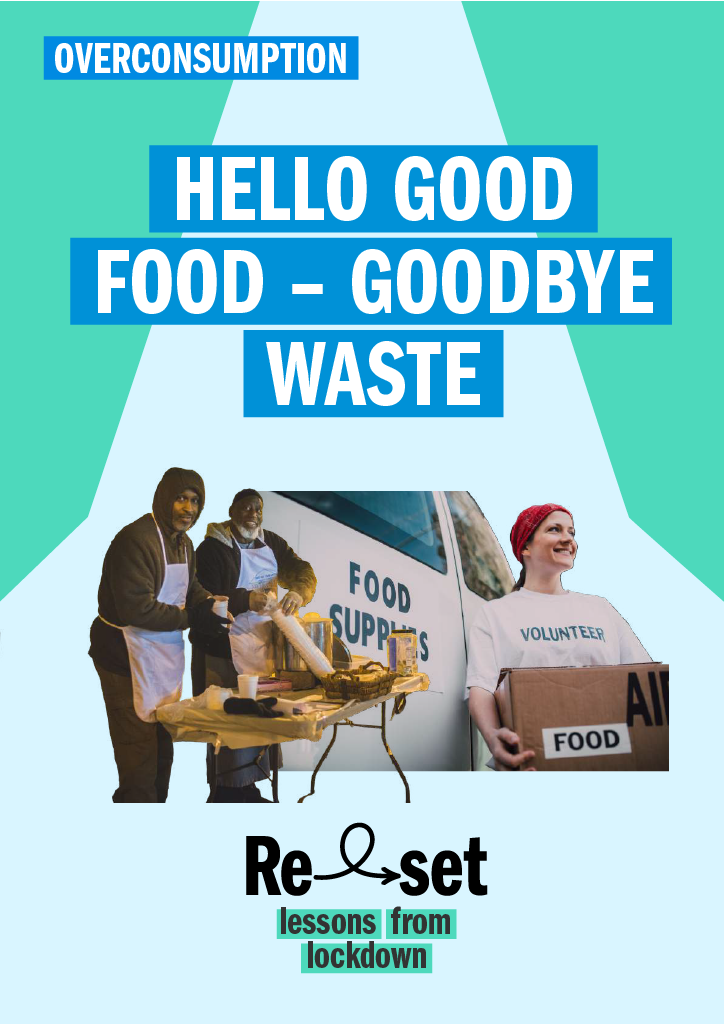The power of food to transform lives and bring us joy was better appreciated as lockdowns forced many to stay at home with more free time. As more people cooked at home rather than eating out, preparing fresh produce and baking more, there was a rapid reskilling in the kitchen. According to YouGov, 91% of British people 26 want to cook as much or more than they did during the 2021 lockdowns.
Food waste isn’t just a massive problem, it’s also a vital part of the solution. Preventing food waste is considered one of the single most effective ways to counter the climate crisis. Preventive measures are relatively fast to implement and as food actively engages citizens up to three times a day, it can build actionable awareness to start producing, selling, buying and eating food in healthier and more sustainable ways, including a serious reduction of meat.
– David Kat, Vice President Business Development at Wasteless, an EIT Food RisingFoodStar
The pandemic offered an opportunity to think differently about food, the habits we have around it, and how food can provide sustenance and joy. This rejuvenated appreciation, and the proliferation of new and exciting models to provide people with the food they need while cutting waste, is here to stay and could help rewire the global food system.

This story is part of the Reset series – a collection of short downloadable stories that look in more detail at over consumption and unnecessary travel. They consider some of the key messages and solutions that have become apparent during the pandemic that could help us make the rapid transition to a more sustainable future.
This guide has been made possible by the support of ClimateWorks Foundation.
 From field to plate, around one third of food is wasted creating a huge impact on nature and the climate. But during the pandemic there is evidence that people relearned food skills and that led to a drop in waste and unlocked a variety of other benefits. Now new initiatives are growing to reverse the problem of food waste. Can we now grow a better, less wasteful relationship with food from these signs of progress?
From field to plate, around one third of food is wasted creating a huge impact on nature and the climate. But during the pandemic there is evidence that people relearned food skills and that led to a drop in waste and unlocked a variety of other benefits. Now new initiatives are growing to reverse the problem of food waste. Can we now grow a better, less wasteful relationship with food from these signs of progress?